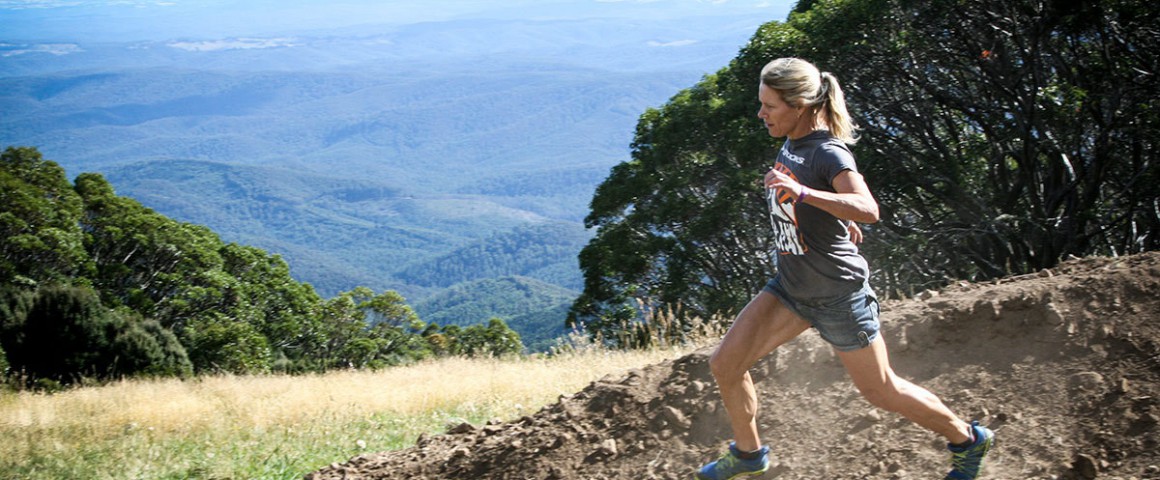The first stage of consultation for the ‘Mount Baw Baw and Lake Mountain 2030’ initiative is due to close this Sunday the 10th of July.
Due to the changing nature of tourism and the impacts of climate change, the future for Australia’s alpine resorts is in question and so the Mount Baw Baw and Lake Mountain Alpine Resorts Management Boards have begun working to address these changes.
According to the chief executive of the Lake Mountain and Mount Baw Baw Alpine Resort Management Board, Phil Nunn, the proposed planning project should help ensure the resorts, which are already heavily subsidised by the state government, don’t see costs begin to spiral out of control.
“The government wants to ensure that costs don’t get out of hand in the future, as well as ensuring the money it does provide sees benefit being returned to the local community.
“Essentially, that will either occur by cutting costs or increasing revenue through visitation.”
As well as offering the public a chance to submit their ideas for the planning process, the board has also released a number of ‘discussion papers’ to provide background information and inspire ideas to be considered. Come the 6th of September this year, they hope to be able to submit all recommendations back to the government for approval.
In an interview with Wild, Nunn said that the public must consider what will happen to the resorts if climate change were to either decrease the length of the ski season, or reduce the amount of snow in general, thereby reducing the opportunities for snow-based activities.
“Over the last two or three decades there appears to have been a shortening of the season and significant variation in snowfalls,” he said. “While you can try and compensate for this with snow making, you still need a specific set of conditions to make that viable. I’d say the trend towards having less snow in the future is a real risk that we need to address through adaptive measures including the use of evolving new snow making technology and increasing the array and type of activities that the resorts offer.
“On the other hand, despite the pessimism about snow falls and snow retention, visitor numbers have been above the ten year average in recent seasons and early signs indicate we’ll have another good season this year.”
The resorts board is therefore asking members of the public, as well as private business owners, to propose ideas to help enhance sustainability in these areas. Nunn suggests activities like guided walks, mountain bike events, road cycling events, ziplines, treetop experiences, as well as environmental or outdoor educational activities are all up for consideration, so long as the suggested concepts uphold “environmental values”.
“It’s important people express their passion for the region as well as communicate their ideas for the future of the alps in this forum,” he said. “We need to understand what people want and it’s our challenge to provide that. Even if it’s simply telling us how we could be managing an existing opportunity better, this feedback will be used to ensure our future ability to meet the public’s expectations of their experience at Lake Mountain or Mount Baw Baw.”
To join in on the consultation process, be sure to visit the Have Your Say section of the Department of Environment, Land, Water and Planning website.


